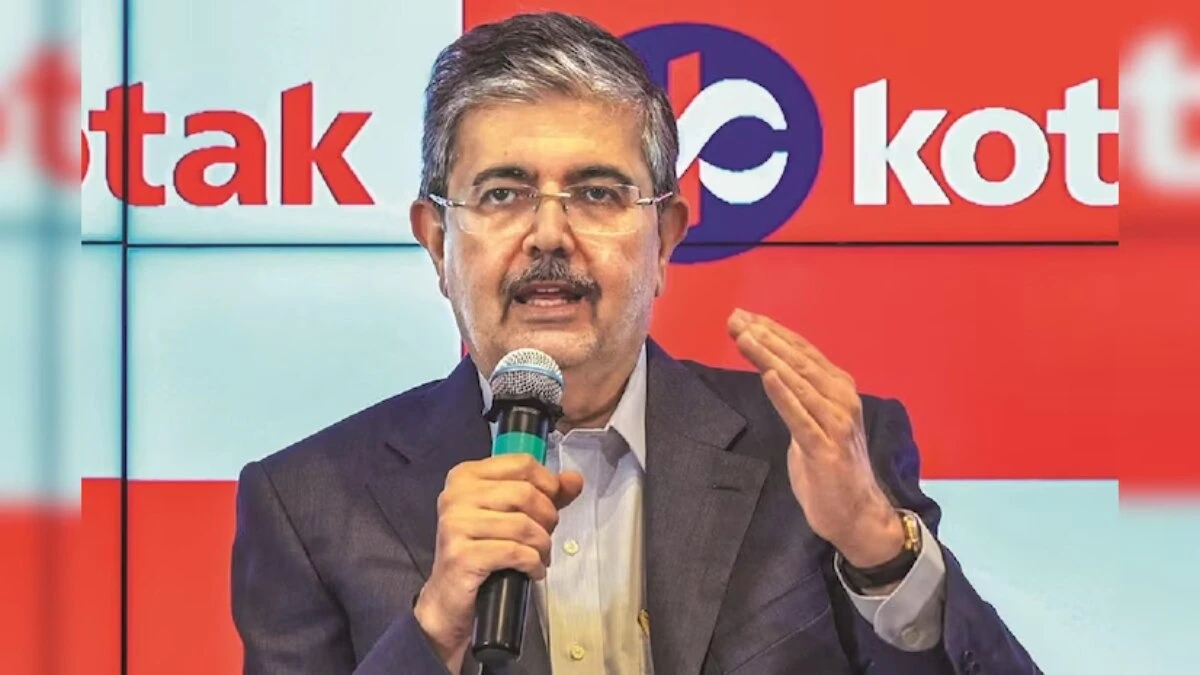Share

According to estimates a whopping Rs 10.7 lakh crores – is locked up in delayed payments from buyers to suppliers in the Indian economy – an estimated 7.8 per cent of the GDP, with 80 per cent of this estimated amount owed to micro and small enterprises, totalling Rs 8.55 lakh crore.
The government and RBI have initiated several measures to address this problem. The Finance Act 2023 inserted Section 43B(h), which stipulates that any sum owed to Micro and Small enterprises (MSEs) for goods supplied or services given may be deducted in the same year if it is paid within the deadline stipulated by the Micro, Small and Medium Enterprises Development (MSMED) Act, 2006.
The newly added clause (h) states that any sum payable by the assessee to a Micro & Small Enterprise beyond the time limit specified in Section 15 of the MSMED Act shall be allowed as a deduction only in the previous year in which the sum has been actually paid (irrespective of the accounting method employed). Business enterprises are required to pay the dues of Micro & Small enterprises within 45 days (i.e., In case there is a written agreement, payment shall be made as per the agreed-upon timeline, not exceeding 45 days) as per section 15 of the MSMED Act, 2006.
In case there is no written agreement, payment should be made within 15 days. In the case of late payment to an MSE, Compound interest at the 3 times the bank rate notified by the Reserve Bank of India (RBI) is charged and payable by the buyer. Needless to mention that the above stringent rules are laid down in order to ensure the timely payment to the sellers of goods and services (who happen to be micro and small enterprises) so that they do not face working capital issues.
However, this has become counterproductive with unintended consequences as the micro and small enterprises are getting their sale orders cancelled by the buyers where majority of them happen to be large corporates. Under the Public Procurement Policy for MSEs under section 11 of MSMED Act, 2006, Every Central Ministry /Department / PSUs shall set an annual target for 25% procurement from MSE Sector (with sub targets for micro and small enterprises owned by women and SC/ST entrepreneurs).
The Union Government has also set up a delayed payment monitoring portal MSME Samadhaan, for the payments due to MSMEs by the government for its procurement from MSMEs. But the fact remains that many MSMEs do not file delayed payments applications for obvious reasons. The fact also remains that the delayed payments to the MSMEs are very large from the Government sector. As on 06.12.2023, the total employment recorded on the Udyam Registration Portal (since inception 01.07.2020 to 06.12.2023) is 15.50 crore.
According to U K Sinha Committee Report in 2019, the demand for credit in the MSME Sector is around Rs.20-25 lakh crores. Thousands of small businesses claim that new orders from bigger customers have dried up since the rule took effect on April 1. The business has started to flow from the registered entities to the unregistered ones because that allows the buyer to avoid the payment deadline. Many bigger customers who buy the goods and services from MSEs have declined to place orders with them, thereby compelling those MSEs to cancel their MSE registration, so that the provisions of section 43 b(h) of the Income Tax Act are not applicable for such bigger customers, while procuring the goods and services from those MSEs.
The RBI launched the Trade Receivables Discounting System in 2018. In line with this, The Trade Receivables Discounting System popularly known as TReDS, an online platform is created that allows MSME suppliers to discount their bills and invoices raised against major corporations, which helps them manage their working capital demands. Transactions processed under TReDS will be “without recourse” to the MSMEs meaning that MSME vendors need not be responsible for non-payment of the trade receivables amount (from buyers).
In 2018, the Government made it mandatory for all companies with a turnover greater than Rs.500 crores to register with TReDS in addition to all central Public Sector Undertakings (CPSUs). MSME Ministry is considering to reduce the minimum threshold limit of the turnover of the companies from Rs. 500 Crs. to Rs.250 Crs.
who buy their goods and services from MSMEs to register with TReDS. While discounting the trade receivables under TReDS, the interest expense up to the period of 45 days from the date of the invoice may be borne by either the MSE supplier or the corporate buyer but the interest expense for the period beyond 45 days from the date of invoice to be borne only by the corporate buyer and the same should be disallowed for the computation of the corporate tax.
Corporates with the turnover of Rs. 250 Crs. and above whose annual procurement of the goods from MSEs is more than 10 percent of their overall annual procurement may be given suitable tax rebates, provided the payment for such procurement is made within 45 days. This will certainly encourage the large corporates to buy from MSEs for their procurement needs.
Related Posts
SEARCH SMECONNECT-DESK
RECENT POST
- Piyush Goyal meets startup founders in Delhi, weeks after questioning lack of innovation by many new cos.
- Taiwanese Industrial Park near Chennai set to draw ₹10,000 crores investment
- More than 28,000 Startups shut shop in last two years
- T.N. Startup Summit: Panelists stress need for policy framework that fosters inclusivity in startups
- MSME’s moving from traditional lenders to capital markets





